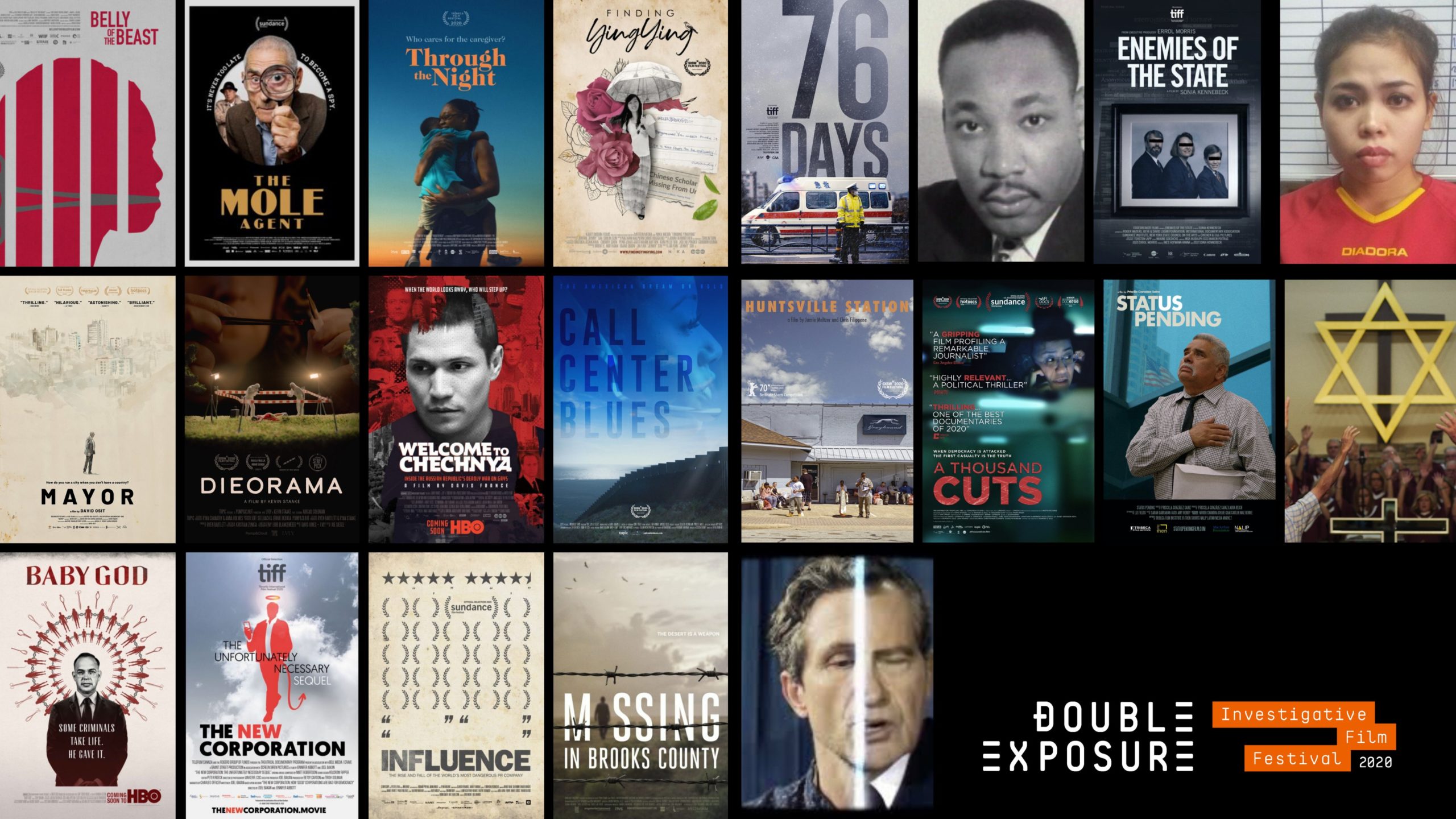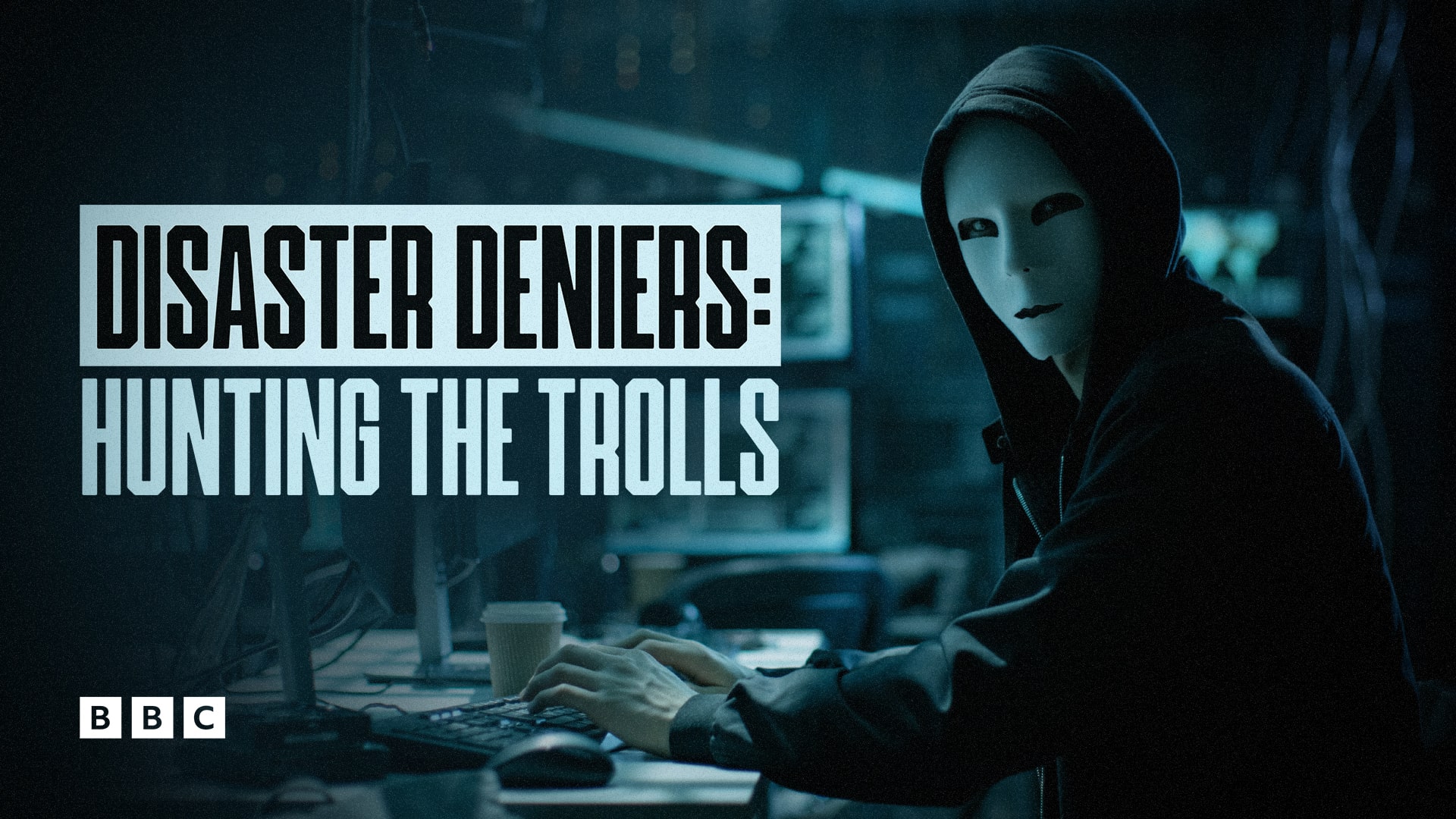Investigative Documentaries: The Deep Dive Into Truth And Justice
Investigative documentaries have become the voice of truth in today’s media landscape, shining a light on stories that matter most. They are the ultimate form of storytelling, combining rigorous research with compelling visuals to expose the hidden truths behind some of the world’s biggest issues. From corporate corruption to environmental disasters, these films dig deep to uncover what others might want to keep buried. But why are they so powerful, and why should you care? Let’s dive in and find out.
Imagine sitting in front of your TV or streaming service, ready to watch something that not only entertains but also educates and empowers you. Investigative documentaries do exactly that. They take you on a journey through the labyrinth of facts, figures, and human stories, leaving you with a clearer understanding of the world around you. Whether it’s about climate change, social injustice, or political scandals, these films leave an indelible mark on your consciousness.
But here’s the kicker: investigative documentaries aren’t just about informing. They’re about inspiring action. By presenting hard-hitting evidence and personal narratives, they challenge viewers to think critically and take steps toward change. In a world where misinformation runs rampant, these films stand as beacons of truth, offering a glimpse into realities that might otherwise remain unseen.
- How Old Is Marcus King Discovering The Rising Stars Age And Journey
- Jayson Tatums Grandparents The Hidden Pillars Behind An Nba Star
What Are Investigative Documentaries?
Let’s break it down. Investigative documentaries are films or series that delve deep into complex issues, often uncovering hidden truths or exposing wrongdoing. Unlike traditional documentaries, which may focus on education or entertainment, investigative pieces prioritize research, evidence, and storytelling to reveal the untold stories of our time.
These films often tackle controversial topics, from corporate malfeasance to systemic racism, using a mix of interviews, archival footage, and investigative reporting to build their case. The goal? To hold powerful institutions accountable and spark public discourse. And let’s be real, in today’s world, where information is both abundant and often misleading, these documentaries play a crucial role in shaping public opinion and driving change.
Why Are Investigative Documentaries Important?
Investigative documentaries aren’t just another form of entertainment; they’re a tool for justice. They bring to light stories that traditional media might overlook or suppress, giving voice to the voiceless and power to the powerless. By presenting evidence and personal stories, these films force us to confront uncomfortable truths and reconsider our assumptions.
- Dylan Dreyers Son Birthday Photos A Heartwarming Look Into Family Celebrations
- Madison Beer Leak The Untold Story Behind The Scenes
Take, for example, "The Invisible War," a documentary that exposed the epidemic of sexual assault in the U.S. military. Or "13th," which sheds light on the intersection of race, justice, and mass incarceration in America. These films didn’t just inform; they ignited movements, inspired policy changes, and changed lives. That’s the power of investigative documentaries.
Key Elements of a Great Investigative Documentary
Not all documentaries are created equal. A great investigative documentary needs more than just a good story; it requires a combination of meticulous research, compelling storytelling, and ethical integrity. Here are some key elements that make these films stand out:
- Rigorous Research: Every claim must be backed by solid evidence, whether it’s through interviews, documents, or expert analysis.
- Compelling Narratives: The best documentaries don’t just present facts; they tell stories that resonate emotionally with the audience.
- Human Connection: By focusing on real people and their experiences, these films create a personal connection that drives empathy and action.
- Ethical Responsibility: Filmmakers must ensure they’re not exploiting their subjects or spreading misinformation. Integrity is key.
When done right, investigative documentaries become more than just films—they become catalysts for change. They challenge the status quo and inspire viewers to take action, whether it’s signing petitions, contacting lawmakers, or simply starting conversations.
Examples of Iconic Investigative Documentaries
There’s no shortage of incredible investigative documentaries out there, each tackling a different issue with its unique approach. Here are a few examples that have left a lasting impact:
- “Making a Murderer”: This Netflix sensation brought national attention to the case of Steven Avery, raising questions about the American justice system and wrongful convictions.
- “The Social Dilemma”: A chilling look at how social media platforms manipulate user behavior and influence society.
- “Blackfish”: Exposing the dark side of SeaWorld and the treatment of captive killer whales, this film led to significant changes in the marine entertainment industry.
- “Super Size Me”: A humorous yet eye-opening examination of the fast-food industry’s impact on health, made famous by Morgan Spurlock’s experiment.
These films didn’t just inform; they sparked debates, influenced policies, and inspired action. That’s the hallmark of a great investigative documentary.
How Investigative Documentaries Are Made
Creating an investigative documentary isn’t easy. It’s a labor-intensive process that involves months, sometimes years, of research, filming, and editing. Here’s a behind-the-scenes look at how these films come to life:
Step 1: Research and Investigation
Every great documentary starts with research. Filmmakers spend countless hours gathering information, interviewing experts, and collecting evidence. This phase is critical because it lays the foundation for the entire film. Without solid research, the documentary risks falling flat or worse, spreading misinformation.
Step 2: Filming and Interviews
Once the research is done, it’s time to hit the field. Filmmakers travel to different locations, conduct interviews, and capture footage that will bring the story to life. This stage requires patience, persistence, and sometimes a little luck. After all, not every interview goes as planned, and not every location is cooperative.
Step 3: Editing and Storytelling
With all the footage in hand, it’s time to piece it together. Editing is where the magic happens, transforming raw material into a cohesive narrative. Filmmakers must decide what to include, what to cut, and how to structure the story to maximize impact. This stage is as much art as it is science, requiring creativity and technical skill.
The result? A film that not only informs but also captivates and inspires its audience. And that’s what makes investigative documentaries so special.
Challenges Faced by Investigative Filmmakers
Making an investigative documentary isn’t all glamour and red carpets. Filmmakers face numerous challenges, from legal threats to funding issues. Here are some of the biggest hurdles they encounter:
- Legal Barriers: Exposing corruption or wrongdoing can lead to lawsuits or even physical danger for filmmakers. Protecting sources and ensuring accuracy is crucial.
- Funding Constraints: Investigative documentaries often require significant resources, which can be hard to come by. Filmmakers must secure funding from grants, crowdfunding, or partnerships.
- Time Constraints: These films take time—lots of it. From research to filming to editing, the process can stretch on for years, testing the patience and perseverance of even the most dedicated filmmakers.
Despite these challenges, filmmakers continue to push forward, driven by a passion for truth and justice. Their work is essential in a world where information is often manipulated or distorted.
Impact of Investigative Documentaries on Society
The impact of investigative documentaries extends far beyond the screen. These films have the power to shape public opinion, influence policy, and drive social change. Here are a few examples of how they’ve made a difference:
- Environmental Awareness: Films like “An Inconvenient Truth” and “Before the Flood” have raised awareness about climate change, inspiring millions to take action.
- Corporate Accountability: Documentaries like “The Corporation” and “Food, Inc.” have exposed corporate malpractices, leading to increased scrutiny and regulation.
- Social Justice: Films like “13th” and “13 Minutes” have sparked conversations about race, inequality, and systemic injustice, driving movements for change.
By shedding light on issues that might otherwise remain hidden, investigative documentaries play a vital role in shaping our world. They challenge us to think critically, act responsibly, and strive for a better future.
The Future of Investigative Documentaries
As technology continues to evolve, so too does the world of investigative documentaries. With advancements in digital platforms, virtual reality, and AI, filmmakers have more tools than ever to tell their stories. But with these opportunities come challenges:
Opportunities for Growth
Streaming services like Netflix, Amazon Prime, and Hulu have revolutionized the way we consume media, making it easier than ever for documentaries to reach a global audience. Social media platforms also provide filmmakers with new ways to engage with viewers and amplify their message.
Challenges in the Digital Age
While technology offers new possibilities, it also brings new challenges. The rise of fake news and deepfakes threatens the credibility of investigative journalism, making it more important than ever for filmmakers to maintain ethical standards and transparency.
Despite these challenges, the future looks bright for investigative documentaries. As long as there are stories to tell and truths to uncover, there will be filmmakers ready to tell them.
How You Can Support Investigative Documentaries
So, you’ve watched a few investigative documentaries and you’re fired up. What now? Here’s how you can support this vital form of journalism:
- Spread the Word: Share the films you love on social media, start conversations, and encourage others to watch.
- Support Filmmakers: Donate to crowdfunding campaigns, subscribe to streaming services that feature documentaries, or attend film festivals.
- Take Action: Whether it’s signing petitions, contacting lawmakers, or volunteering with organizations, your actions can make a difference.
By supporting investigative documentaries, you’re not just watching films; you’re contributing to a movement for truth and justice. And that’s something worth investing in.
Conclusion
Investigative documentaries are more than just films; they’re tools for change. By uncovering hidden truths and exposing wrongdoing, they challenge us to think critically, act responsibly, and strive for a better world. From environmental awareness to corporate accountability, these films have the power to shape public opinion and drive social change.
So, the next time you’re looking for something to watch, consider an investigative documentary. Not only will you be entertained, but you’ll also be informed and inspired. And remember, your support matters. By spreading the word, supporting filmmakers, and taking action, you can help ensure that the truth continues to shine brightly in our world.
Now, it’s your turn. What’s your favorite investigative documentary, and how has it impacted your life? Let us know in the comments below, and don’t forget to share this article with your friends. Together, we can make a difference!
Table of Contents
- What Are Investigative Documentaries?
- Why Are Investigative Documentaries Important?
- Key Elements of a Great Investigative Documentary
- Examples of Iconic Investigative Documentaries
- How Investigative Documentaries Are Made
- Challenges Faced by Investigative Filmmakers
- Impact of Investigative Documentaries on Society
- The Future of Investigative Documentaries
- How You Can Support Investigative Documentaries
- Conclusion



Detail Author:
- Name : Miss Palma Hansen
- Username : schaefer.krista
- Email : leonora.trantow@hotmail.com
- Birthdate : 2004-02-27
- Address : 13444 Dan Bypass Hailietown, MT 88088-3526
- Phone : 682.336.1848
- Company : Crona and Sons
- Job : Electrical Power-Line Installer
- Bio : Ad rerum veniam at autem porro. Incidunt dolores sunt molestiae et dolorem nostrum. Tempora hic dicta amet ullam.
Socials
twitter:
- url : https://twitter.com/mittielegros
- username : mittielegros
- bio : Natus sapiente enim voluptas nihil repellendus. Rerum ipsum asperiores autem. Vel rerum voluptate omnis aliquam autem. Dicta harum dolorem magni quis.
- followers : 4792
- following : 1544
instagram:
- url : https://instagram.com/mlegros
- username : mlegros
- bio : Vitae sit aut amet et. Similique ut id aliquam.
- followers : 2400
- following : 2510